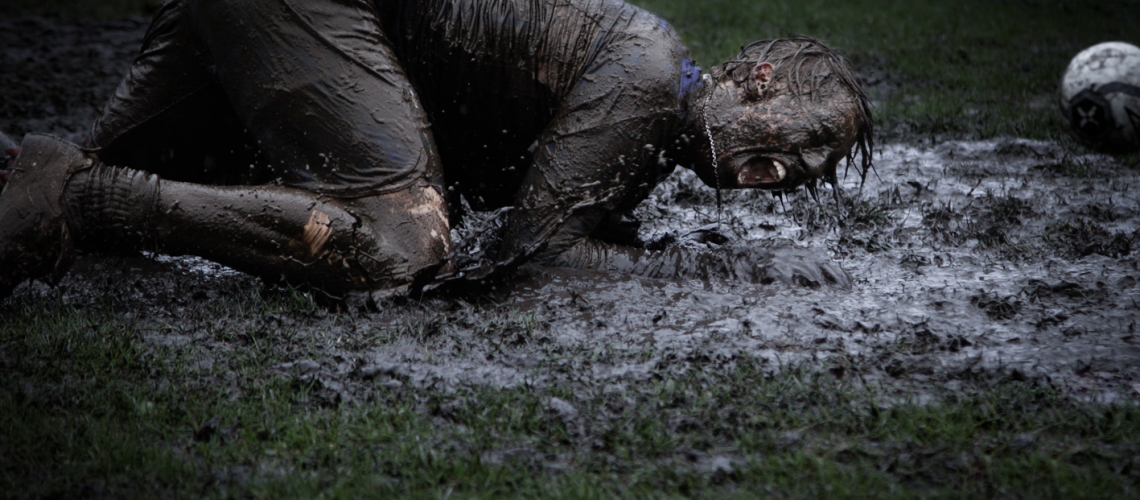
- October 30, 2019
- , 9:46 am
- , Uncategorized
Practical tips to build resilience in sport
What is resilience?
Let’s keep it simple, resilience is defined by the Association of American Psychologists as the process of adapting well to adversity, bouncing back from such things as loss, trauma, stress or injury. Resilience doesn’t develop overnight, it is an acquired skill, building your resilience means developing behaviours, managing your thoughts (making them work for you) and managing your feelings.
Factors associated with resilience include:
- The ability to make realistic plans and take effective steps to realise them.
- A positive view of yourself and confidence in your strengths and abilities.
- Communication and problem-solving skills.
- The ability to manage strong feelings and impulses.
- Having healthy, caring and supportive relationships
How to build resilience in sport
Here are some practical tips to increase resilience, this list is not exhaustive but a good starting point.
Make connections – create and maintain good relationships with your family, friends, coach, and team (accept help and support and provide support to others).
Change how you interpret and respond to stressful events – what can be seen as adversity can also be a challenge, an opportunity to grow and develop.
Accept change – situations can change, indeed change is likely, this may mean changing your goals and implementing new strategies..
Develop realistic goals – focus on tasks that are realistic and achievable, stretch yourself but ‘don’t break the elastic’ . Achievement of your goals will raise confidence, build capability and increase your motivation
Face the problems – do not avoid them, they are unlikely to disappear. Take conscious decisive action, divide difficult tasks into smaller achievable goals and systematically achieve these.
Discover yourself –build self awareness, engage with others, enquire, get feedback from those who know you, these might include: your coach, friends and family. Remember if you ask for feedback avoid being defensive, be receptive and listen. Check their perceptions of you against your own perceptions, test them for accuracy and correct any distortions.
Have a realistic evaluation – maintain perspective and keep things in proportion. Every event (good or bad) is part of a broader context, a bigger picture. Avoid catastrophic thinking, make realistic evaluations, identify solutions and apply them. Don’t be a slave to feelings or impulses. Take control, step back, evaluate the situation and act.
Pay attention to your feelings – what you feel will effect how you think and act so it’s important for you to be conscious of your feelings and exercise control. Feelings good and bad (yes, even the bad) can motivate you and trigger performance. So . tune in to your feelings, understand their effect on your performance, use those emotions which facilitate performance and negate those which obstruct performance.
Learn from the past – identify past events where you have overcome adversity and stressful events. Don’t reinvent the wheel, if your strategies worked previously in the same situation, use them again, However, if the situation is different you will need to review and develop new strategies. Learn form your mistakes, repeating patterns that fail is never a solution